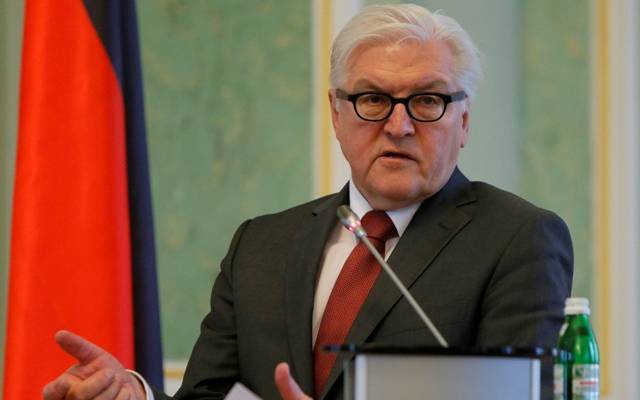Construction of the museum, funded by the German government and Greek municipal authorities as well as private donors, began earlier this year and is expected to take about two years.
By United with Israel and Associated Press
Eighty years after the Holocaust, a Holocaust museum is set to open in the Greek city of Thessaloniki, which once housed a thriving Jewish community before its Jews were all but decimated by the Nazis.
German President Frank-Walter Steinmeier last week visited the site of the museum, located near an old railway station in Thessaloniki, from where tens of thousands of Jews were transported to Nazi concentration camps during the World War II German occupation of Greece. More than 90% of the once-flourishing Jewish community died in the camps.
“What was done to the Jewish people here remains an enduring memory – a mark that cannot be erased. And today, we stand at the very place where this horror unfolded, here at the old railway station,” Steinmeier said after a ceremony in which he met Jewish community leaders and relatives of Holocaust survivors.
He was accompanied by Greek President Katerina Sakellaropoulou, who earlier this month visited the site of the Auschwitz Nazi concentration camp during a trip to Poland.
The octagon-shaped museum was designed by architects Efrat-Kowalsky of Israel, Heide & von Beckerath of Germany and Makridis Associates of Greece.
Construction of the museum, funded by the German government and Greek municipal authorities as well as private donors, began earlier this year and is expected to take about two years.
David Saltiel, head of Greece’s Central Jewish Council, expressed satisfaction that the long-planned Holocaust Museum of Greece will soon be finished.
“It will not only be a place of remembrance for the millions of victims, but a tribute – a bright symbol against racism and anti-Semitism – serving as a constant reminder of the importance of humanity, tolerance and peaceful coexistence,” Saltiel said.
